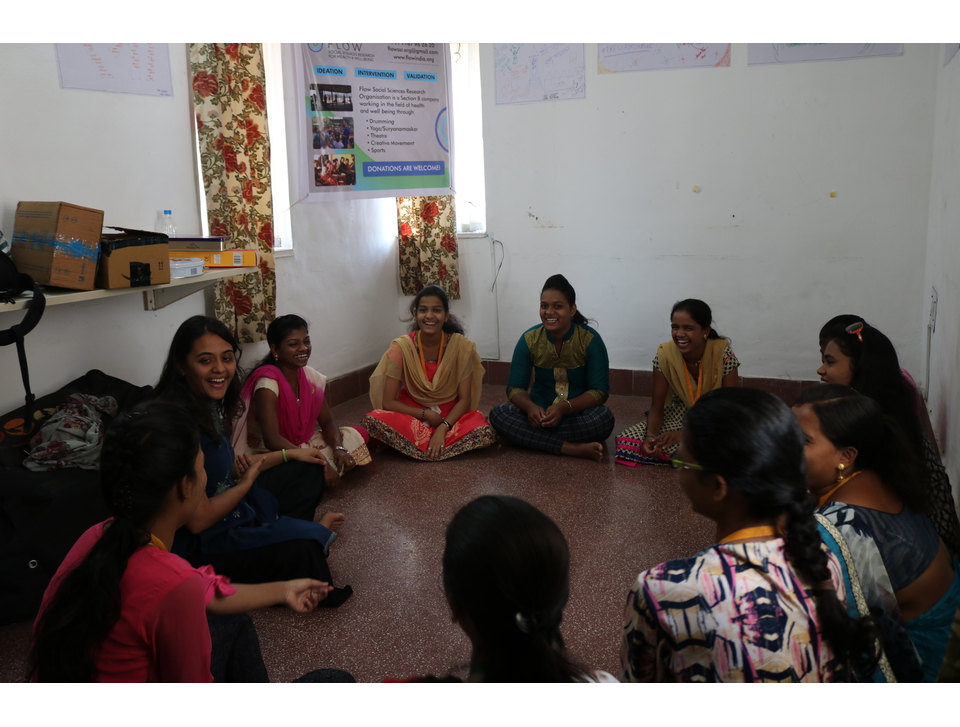Today, it is more and more common to hear about, read about or attend workshops to experience the use of a particular art form to positively influence a behavioural objective (using art not only for the purpose of creating art, but more!). Art therapy, arts based therapy, music therapy, expressive arts therapy, visual art therapy, drama therapy and so on are words that are used very often and hence rather loosely too.
This article is a compilation of information from various sources and is aimed at starting a discussion about the topic of appropriate nomenclature for people working in the field of using arts modalities for health and wellbeing.
Every course that you do will (or should) have a clear description regarding its scope and application.
If you complete a university degree course in Music Therapy or Expressive Arts Therapy, then you are a Music Therapist or Expressive Arts Therapist respectively. Depending on the autonomy of the university in question, the course may be a diploma or a certificate course. In both these cases, it is mandated that the title you receive at the end of the course will be clearly mentioned and detailed out beforehand.

Apart from Universities, there are a myriad private institutions offering courses in one and or many art based modalities to be used in the field of arts for health and wellbeing. For example: NLP, Introduction to Visual Art Therapy, Drum Circle Facilitation Course, Find Your Inner Rhythm Facilitator Training Courses, Dance Movement Therapy Diploma Courses, Access Consciousness Training Courses, Hypnotherapy and so on. Now, despite the name of the workshop or course, you will not earn the title of ‘therapist’ at the end of such a privately run course. Why? Because the course design has not gone through a process as stringent as a university degree course goes through vis a vis time spent in theory, practical work, supervision, observation, internships etc. Hence, you may receive the title of ‘facilitator’ or ‘practitioner’ at the end of such courses. This would make you a
- Visual Art Therapy Practitioner / Facilitator
- Dance Movement Therapy Practitioner / Facilitator
- Drum Circle Facilitator
- Expressive Arts Therapy Practitioner / Facilitator
- Arts Based Therapy Practitioner / Facilitator
- Creative Arts Therapy Practitioner / Facilitator
Note that if you have done many of these more-focussed and privately-run dance, music or visual art based courses, this does not make you (as you would intuitively like to conclude) a creative arts therapist or an expressive arts therapist. In short, dance therapy + visual art therapy + music therapy ≠ expressive arts therapy. Expressive arts therapy is a whole other modality and is to be treated that way.
Seems all too wordy considering all this started with the main prerequisite being people with a strong intention of ‘healing’ through their respective medium or art form. Having said this, knowledge is power and this information does help us spread accurate, standardised and authentic awareness of what Arts for health and wellbeing is and what it is not!
Come. Drum. Be One

Varun is the founder and director of Taal Inc.
The visionary behind the motto
Come. Drum. Be One.
To read more about him Click Here
